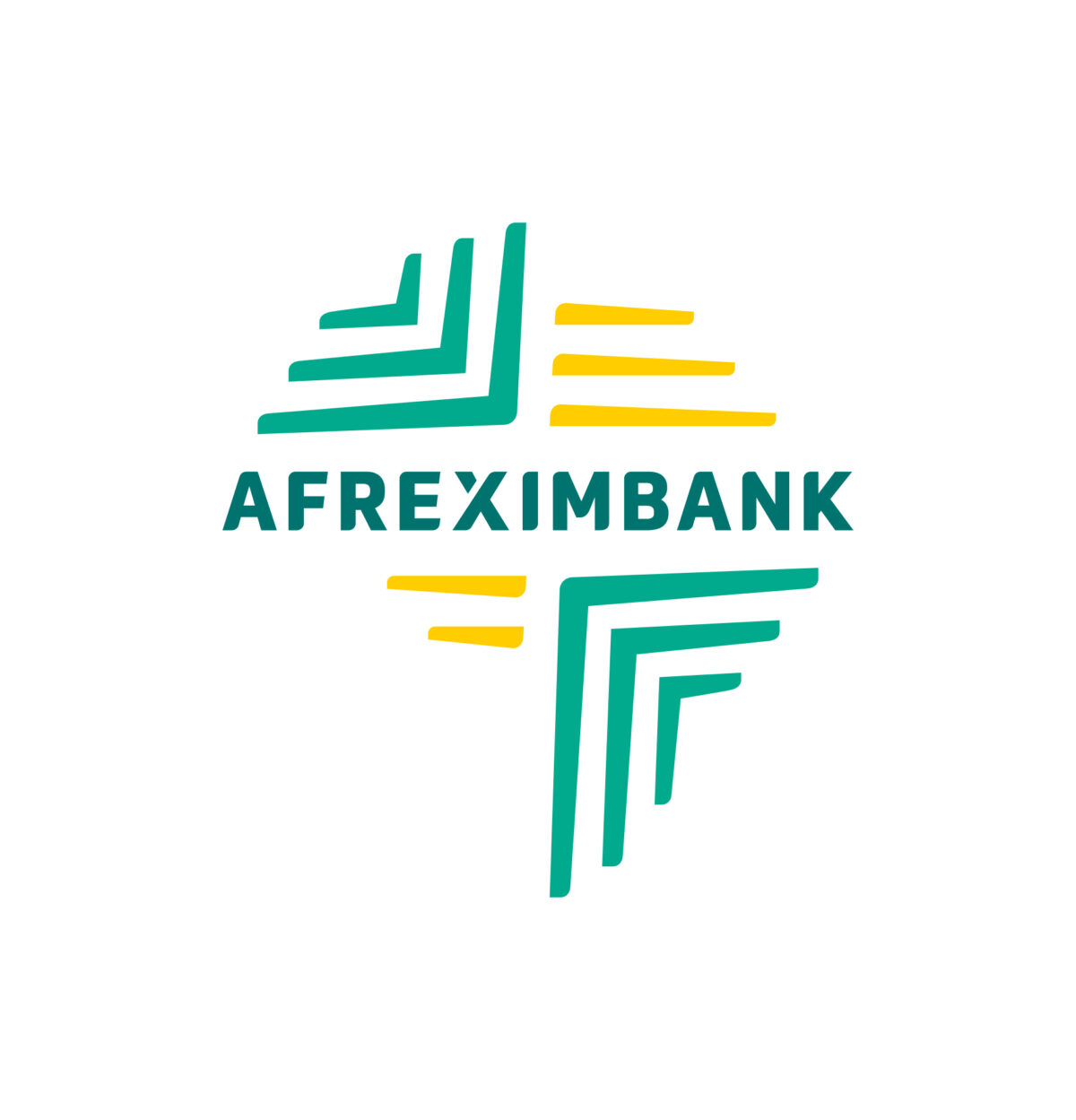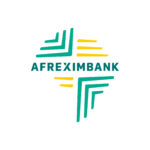Three weeks after the NNPCL told Nigerians it was injecting $3b into the country’s foreign exchange market via it had concluded, it seems that the promised rescue package is stuck somewhere. For the market, three weeks is like an eternity; patience is running out. The market now feels it was deceived into retreating upon hearing that announcement, and is advising itself on what to do next.
Nigeria’s financial markets cheered, sometime around the middle of August, when the NNPCL announced it had secured the loan to help stabilise our troubled naira. The loan, we were told, was coming from the African Export-Import Bank.
At that time the naira was trading at about N920/$, its all-time lowest, at the parallel market. At that rate, many Nigerians feared that the local currency was headed for the N1000 per dollar mark. So, the market was in need of guidance or direction as to what to expect.
NNPCL told a troubled nation that the loan deal was the elixir that the hard-pressed naira needed, which would, in turn, bring a catalog of benefits for Nigerians. This was intended, in part at least, to calm the troubled market.
Tinubu’s 100 days in office: FG begs Nigerians for patience
France begins talks with Niger officials over troops’ withdrawal
The organisation, a former public company now turned into a private entity, assured Nigerians that the package was an emergency $3 billion crude oil repayment loan from Afreximbank. It further explained that it was not a crude-for-refined products swap, but an upfront cash loan against proceeds from a limited amount of future crude oil production. In other words, it is simply borrowing on future cash flows from our assets, in this case, our crude oil production.
Therefore, the loan itself is a manifestation of the dominant place of oil in our economy and national life. For, as the oil company explained, in addition to helping stabilize the naira without risk, the facility will help NNPCL to settle taxes and royalties in advance.
The intended announcement effect of the loan announcement worked. It was really good news for the market, especially the foreign exchange segment, where the naira has been struggling against the dollar and other international currencies. Consequently, on August 16, the naira appreciated. That day, it gained N28 on the parallel market, as the exchange rate fell to N885 per dollar from N920 to the dollar.
So, where is the devil in the whole arrangement? Is it in the details, or has it been caught by other parameters that are not in consonance with the plan of a loan? A loan is a loan because the key factor is that the money you receive today has to be paid back sometime in the future, no matter the form it takes. In this case, the loan will be repaid through crude oil sales that will occur in the future.
In marketing the planned loan package, NNPCL informed Nigerians that the facility would strengthen the naira, emphasising that “A stronger naira will result in lower prices from the current level, making subsidies unnecessary. The deregulation policy remains unchanged”.
This is true but the truth must be put in context. The challenge facing our foreign exchange market is SCARCITY. We do not earn enough dollars and other foreign currencies to meet the demand arising from the needs of the country. So, we have to MANAGE. And this demand management underscores every policy action being taken by the relevant institutions, including the Central Bank of Nigeria, the Chief Manager in this case.
There is no doubt that the injection of $3b into Nigeria’s foreign exchange market would make an impression on the strength of the naira. That will definitely come at a cost, but the question is whether the government is willing to bear that cost now, just to defend the naira. Does borrowing against future revenue streams fall within the limits set by President Bola Tinubu, who said last week that his administration would not continue the tradition of borrowing?
The market, having waited for this long without seeing the promised amount (or a tranche of it as explained) drop is obviously sensing that all may not be well with the loan plan. Various assumptions come into play here and they will create the reality in the market that will drive what happens further.
The market price of the naira has since reversed the trend and is headed to where it was before the NNPCL effect. The naira traded at N910/$ on Monday, September, and N915/$ yesterday, Tuesday. Even before this week, the green buck had actually appreciated to the N920 mark. The point here is that despite the promised bailout, as it were, the market is seeing something different. And it is what the market sees that it responds to. There could be immediate gyrations usually spurred by pronouncements such as that by the NNPCL, but soon the market is usually able to see through the veil to correct itself.
The question of the naira exchange rate is not a short-term matter. It is a fundamental issue rooted in the nature of our one-commodity economy, a primary exporter. Until we begin to create value through the processing of our commodities, the picture is unlikely to change dramatically.
And our continued dependence on crude oil export is proof of this. This has been worsened by Nigeria’s failure to make any meaningful progress on the much-touted diversification of our economy. Ad hoc measures can produce some short-term effects, such as what we expect from the loan. However, they don’t address the question of building an economic base that can support production for the generation of exports and earnings therefrom on a sustainable basis.

 Join Daily Trust WhatsApp Community For Quick Access To News and Happenings Around You.
Join Daily Trust WhatsApp Community For Quick Access To News and Happenings Around You.

